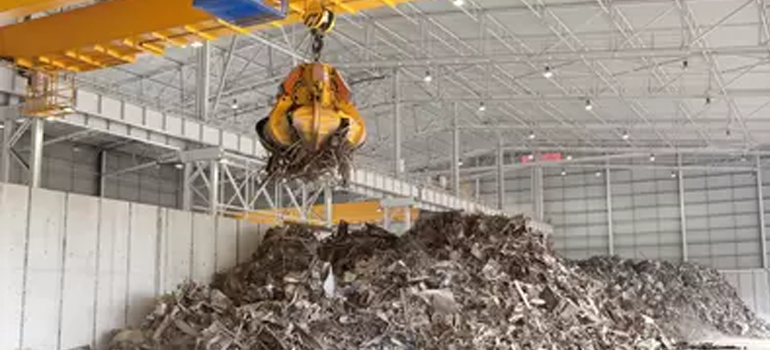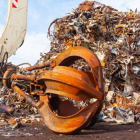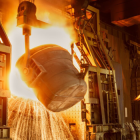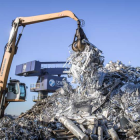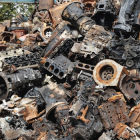Effective scrap management is essential in manufacturing, where large volumes of waste materials are produced daily. Companies can reduce costs, boost productivity, and contribute to environmental sustainability by adopting efficient scrap-handling practices. In this blog, we will examine why scrap management is so vital for manufacturers and how they can implement best practices to streamline their operations.
Why Scrap Management Matters in Manufacturing
Scrap materials in manufacturing are often the result of production processes such as cutting, moulding, machining, or assembly. Without proper management, these materials can create unnecessary waste, inflate disposal costs, and harm the environment. Key reasons scrap management is critical include:
- Cost Efficiency: Properly segregating and recycling scrap materials can reduce disposal costs and generate additional revenue by selling valuable scrap such as metals and plastics.
- Resource Optimization: Scrap recycling enables companies to reuse materials, lowering the demand for raw resources and cutting procurement costs.
- Waste Reduction: Effective scrap management minimizes the amount of waste sent to landfills, which is not only good for the environment but can also help manufacturers comply with increasingly strict waste disposal regulations.
Challenges Manufacturers Face in Scrap Management
- Lack of Awareness: Many businesses overlook the value of scrap, failing to implement processes that could save money and resources.
- Contamination Issues: If scrap materials are mixed or contaminated with non-recyclable waste, it can become difficult to sort and recycle, leading to inefficiencies.
- Space Constraints: Manufacturers often struggle to allocate space for storing and processing scrap materials, particularly in small or overcrowded facilities.
Best Practices for Scrap Management
- Segregation at the Source: Separating different types of scrap materials, such as metal, plastic, and paper, during the production process helps ensure that each type can be properly recycled.
- Investing in Efficient Machinery: Using equipment such as balers and compactors can reduce the volume of scrap, making it easier to store and transport.
- Training Employees: Educating staff on the importance of scrap management ensures compliance at every level of the production process, reducing mistakes and contamination.
- Partnering with Scrap Buyers: Establishing relationships with scrap dealers who offer competitive pricing can create a reliable revenue stream from excess materials.
Conclusion
Efficient scrap management is a powerful tool for manufacturers looking to improve their bottom line while promoting sustainability. By adopting best practices, manufacturers can reduce waste, optimize resource use, and enhance their efficiency, turning scrap from a liability into a valuable asset.

